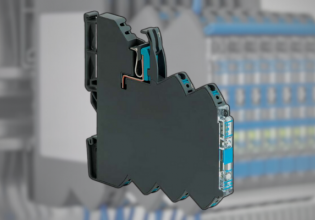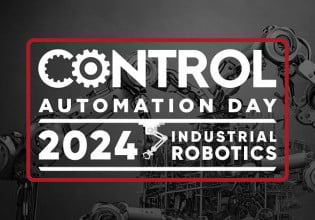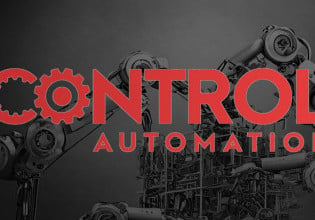J
Many people on the Automation List have contacted me regularly
about Fieldbus.
My paper : Fieldbus - A Neutral Vendor's Perspective
was first presented at ISA, October '94 and an article with the
same title was published in InTech July '95.
This article presented a summary of all the major industrial
networks and a comparison table. I have had many requests to
provide updates.
I am happy to let you know that I have now done an update -
an article on the same subject, entitled :
Fieldbus - Conflicting "Standards" Emerge, but Interoperability is Still
Elusive
This was recently published in Design Engineering (UK, Oct. 99)
and is on the web at :
http://www.actionio.com/jimpinto/fieldbus99.html
Comments and suggestions welcome!
Cheers:
jim
-------------------------------/
Jim Pinto
Action Instruments
Tel : 619-279-8836 (direct)
email : [email protected]
Action Instruments Webpage : http://www.actionio.com
about Fieldbus.
My paper : Fieldbus - A Neutral Vendor's Perspective
was first presented at ISA, October '94 and an article with the
same title was published in InTech July '95.
This article presented a summary of all the major industrial
networks and a comparison table. I have had many requests to
provide updates.
I am happy to let you know that I have now done an update -
an article on the same subject, entitled :
Fieldbus - Conflicting "Standards" Emerge, but Interoperability is Still
Elusive
This was recently published in Design Engineering (UK, Oct. 99)
and is on the web at :
http://www.actionio.com/jimpinto/fieldbus99.html
Comments and suggestions welcome!
Cheers:
jim
-------------------------------/
Jim Pinto
Action Instruments
Tel : 619-279-8836 (direct)
email : [email protected]
Action Instruments Webpage : http://www.actionio.com






